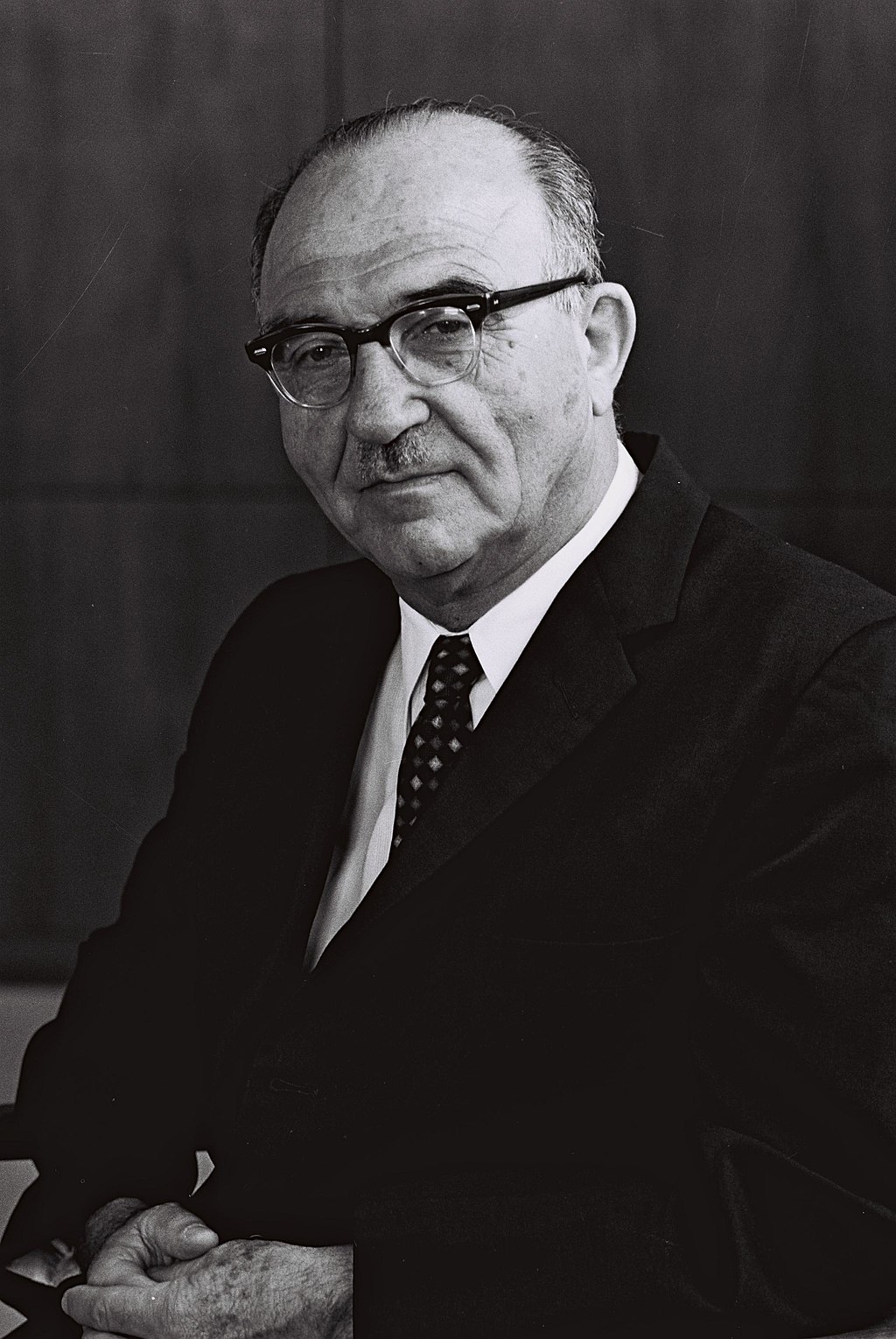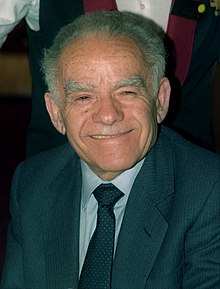Introduction
Yitzhak Rabin was a prominent Israeli military leader and politician who served as both the Chief of Staff of the Israel Defense Forces (IDF) and as Prime Minister of Israel. Born on March 1, 1922, in Jerusalem, Rabin is remembered for his efforts to secure peace between Israel and its neighbors, particularly through the Oslo Accords. His assassination in 1995 marked a tragic end to the life of a leader deeply committed to the future of his country and to the pursuit of peace.
Early Life and Military Career
Yitzhak Rabin was born in Jerusalem during the British Mandate of Palestine. He joined the Palmach, the elite fighting force of the Haganah, in the 1940s and played a significant role in the 1948 Arab-Israeli War, which led to the establishment of the State of Israel. Rabin quickly rose through the ranks of the military, eventually becoming Chief of Staff of the IDF. He led the Israeli forces to a decisive victory in the Six-Day War of 1967, securing Israel’s borders and solidifying his reputation as a skilled military strategist.
Political Career and Leadership
After retiring from the military, Rabin entered politics and served as Israel’s ambassador to the United States, where he helped strengthen the crucial relationship between the two nations. In 1974, he became Israel’s Prime Minister for the first time, following the resignation of Golda Meir. During his first term, Rabin faced significant challenges, including the aftermath of the Yom Kippur War and the Entebbe hostage crisis, which ended with a successful rescue operation led by Israeli forces.
Rabin returned to political prominence in the 1990s, becoming Prime Minister again in 1992. This period was marked by his efforts to achieve peace with Israel’s neighbors, including the signing of the Oslo Accords with Palestinian leader Yasser Arafat. The handshake between Rabin and Arafat on the White House lawn in 1993 symbolized a hopeful step towards resolving the Israeli-Palestinian conflict.
The Oslo Accords and Nobel Peace Prize
Yitzhak Rabin’s commitment to peace was exemplified by his role in negotiating the Oslo Accords, which aimed to establish a framework for peace between Israelis and Palestinians. In 1994, Rabin, along with Shimon Peres and Yasser Arafat, was awarded the Nobel Peace Prize for his efforts to bring about a peaceful resolution to the conflict. Rabin also played a key role in reaching a peace treaty with Jordan, signed in 1994, which formally ended the state of war between the two countries.
Rabin’s willingness to take bold steps towards peace was met with both support and opposition within Israel. While many saw him as a hero for pursuing peace, others vehemently opposed the concessions he made, which ultimately led to his assassination by a right-wing extremist during a peace rally in Tel Aviv on November 4, 1995.
Legacy and Impact
Yitzhak Rabin’s assassination was a watershed moment in Israeli history, symbolizing the deep divisions within Israeli society regarding the pursuit of peace. He is remembered as a leader who combined military strength with a genuine desire for reconciliation. Rabin’s legacy lives on in the ongoing efforts to achieve peace in the region, and his vision for a secure and peaceful Israel continues to inspire leaders and citizens alike.
The Yitzhak Rabin Center in Tel Aviv is dedicated to preserving his legacy, promoting peace, democracy, and tolerance. Each year, memorial events are held to honor his life and contributions, reminding the world of the sacrifices needed to pursue peace.



